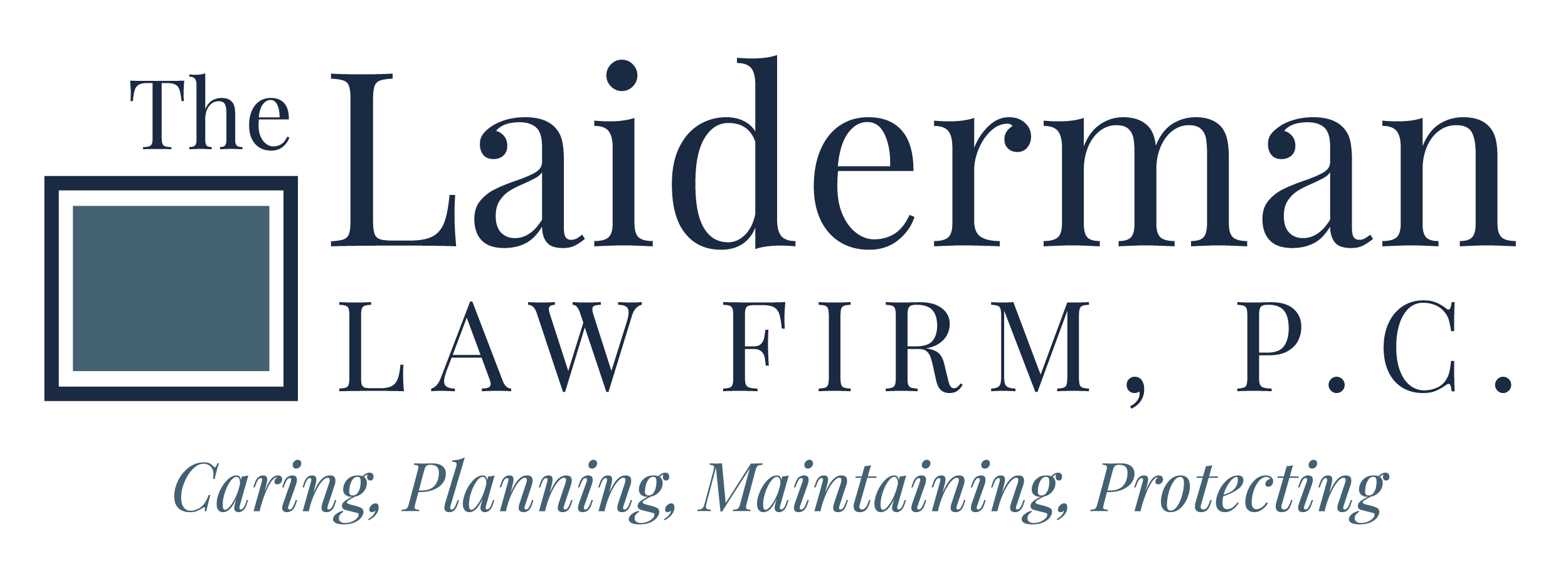There is a way to amplify your giving, if you are in the right age bracket and charitably inclined, says an article from The Philadelphia Inquirer that explains it all: “How to donate to charity directly from your retirement account and save on taxes.”
If you’re over 72, you have until the end of the year to take the required minimum distribution from your Individual Retirement Accounts. However, instead of just taking the money out of your account and paying income taxes on it, you could make a direct contribution to a charitable organization. The same goes for a rollover IRA and an inherited IRA. There are some guidelines you’ll need to follow:
- Age–you must be 72 or older.
- The most you can give away is $100,000.
- For couples who file taxes jointly, the spouse can also make a qualified donation from his or her own IRA in the same tax year, up to the same $100,000 limit.
- Funds must come out by December 31 for the donation to count towards the current year’s required minimum distribution.
Next, what sort of charities can you give the money to? They must be a 501(c)(3) organization, which are eligible to receive tax-deductible contributions. Private foundations and donor-advised funds do not qualify.
Because of changes in the 2017 Tax Cuts and Jobs Act, many retirees now take a standard deduction when filing taxes. This higher deduction means that it no longer makes sense for many people to itemize deductions. In those cases, qualified deductions may be a terrific, tax saving alternative.
What should you donate? Most charities appreciate gifts of cash, since they need it to fund programs and operating expenses. However, many people trigger taxable income by selling securities first and then donating the cash. That’s not the best way to do it.
Sometimes it’s better to give appreciated stock or bonds, because you don’t have to personally realize capital gains taxes. It’s more tax efficient, since you are giving presale, pretax assets.
Be sure to get a letter from the charity acknowledging the donation. Most brokers provide a form, where the taxpayer can indicate that the money transferred is a “one-time charitable donation” with the charity’s name and amount. There’s no federal or state tax withholding. The check needs to be mailed directly to the charity with a cover letter of instruction, which must indicate that the charity acknowledges the date of the contribution.
Speak with your estate planning attorney before making any large contributions to a charity. You’ll want to be sure that your charitable giving and tax strategy works with, not against, your overall estate plan.
Reference: The Philadelphia Inquirer (December 2, 2019) “How to donate to charity directly from your retirement account and save on taxes”
Suggested Key Terms: Charitable Giving, Tax Savings, Appreciated Stocks, IRA, Estate Planning Attorney


